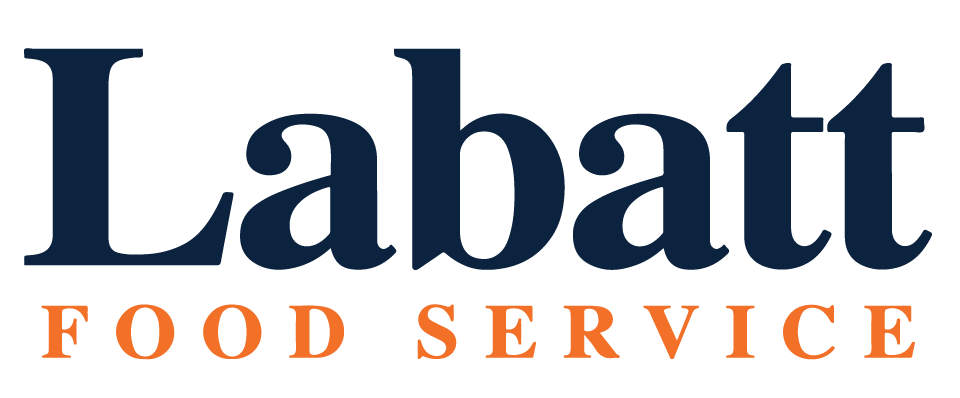Making Business Process Better
April 2000
Blair Labatt
The key to future success is in embracing change, and in creating it through innovation and through finding business partners who are prepared to make change happen.
We think that innovation is absolutely the salvation of the independent entrepreneurial business in America today-and in our own industry. Being regarded as an innovator should be the greatest possible source of pride.
It was not always so. Four hundred years ago, the word innovation had nothing but negative connotations. An innovator was someone trying to introduce destructive change in the existing religious and political institutions. In Shakespeare, "innovator" was a synonym for political revolutionary.
There are people who still fear and fight change. Recently, I saw a list of the criteria set by the Board of Trustees of a very good college in seeking a new president. One of the requirements was "not an innovator for innovation's sake." When I read that I caught a little whiff of the 16th Century. I saw fear of change. Why would anybody want to innovate "far innovation's sake?"
In our world, no one innovates for innovation's sake. People innovate to make business processes better. By making processes better, they drive costs out of their operation. They also provide better service to their customers and drive costs out of their customers' operations. Driving costs out makes it possible to be more competitive and aggressive. So innovators innovate to create a competitive advantage. (If that sounds like everyone in the same industry is likely to link arms like a band of brothers and all do the same innovation together, think again.)
Contrary to widespread belief, technology itself is not innovation. Without the rethinking of business processes, technology is just expensive gadgetry.
I can say from personal experience that the key to making an RF warehouse work is not in buying the scanning technology. The key is collecting information and using it to reduce the number of times product is touched, to schedule exactly the right number of people for every task, and to "choreograph" the work so that all the tasks get finished at exactly the right time. Technology is the enabler of innovative thinking. It also is the great leveler, because it makes it possible for any company to accomplish major change quickly and cheaply.
But innovation faces resistance. When the transistor was first invented, the American manufacturers had a huge investment in vacuum tubes. They didn't have an interest in change. But Sony did, and as a result came to dominate the electronics market.
